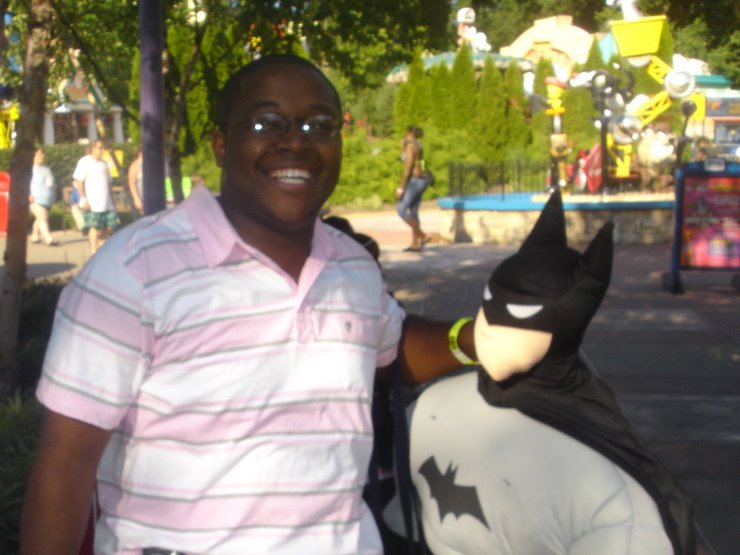"I have fought against white domination, and I have fought against black domination. I have cherished the ideal of a democratic and free society in which all persons live together in harmony and with equal opportunities. It is an ideal which I hope to live for and to achieve. But if needs be, it is an ideal for which I am prepared to die." Nelson Mandela
Back on February 11th, 1990, it was Youth Day in Cameroon. I was sitting in front of the TV when the news guy came on after the interruption of the colourful, "NEWS FLASH" jingle. The announcer proclaimed that Nelson Mandela was finally free. There was an uproar of cheering in my dad's living room. My 8 year old mind could make no sense out of the sudden excitement amongst the grown ups and the hugs they generously exchanged.
This morning, when I woke up, my mind was torn between going to work or not? As I pondered on my demise, I said to myself gently: I don't think they would miss me if I didn't show up. I turned to my bed and sank inbetween the sheets. As I closed my eyes to move on, I could hear that voice I hate, saying; Get up! Get up! You are needed at work!
My mind immediately drifted to the impact my presence or absence at work may have to my company I work for hence, my conclusion on today's post, "The Power of One." The power of one is also the title of a book by Bryce Courtney published in 1989 about the adventures and trials of Peekay, an English-speaking orphan, in the midst of Afrikaners during the Boer occupation of South Africa and is influenced by a German expatriate. But I digress.
VETO. VOTE.
Vote: / vôt / noun. Pronounced “VOAT”. The word is derived from the Latin vôtum (neuter past participle of vovére), which means vow. A vote is defined in the Webster Desk Dictionary as a formal expression of preference for a candidate for office or for a proposed resolution of an issue. A means by which such a preference is made known, such as a raised hand or a marked ballot.
Veto: / vìtº / n. pl. vetoes. Pronounced “VITO”. The word is derived from the Latin vet (first person singular present tense of vetôre, to forbid.) It means the vested power or constitutional right of one branch or department of government to refuse approval of measures proposed by another department, especially the power of a chief executive to reject a bill passed by the legislature and thus prevent or delay its enactment into law. An authoritative prohibition or rejection of a proposed or intended act.
The more empirical argument has been made, and duely substantiated during the course of history, that one voice can make a difference. One vote, one voice or even one Yeh or Nay can change the result of a ballot. There have been many poeple that have stood up just like Nelson Mandela and have made a difference. Mention must be made here of heroes like Dr. Martin Luther King, Malcolm X, Rosa Parks, Mahatma Ghandi, William E Dubois, etc. Voting is a right and the reason why most Americans don't exercise it is appallingly ambiguous since, there are millions of people across the globe that would rather die than not vote. A lot of people in the oppressed parts of the world have no voting rights and thus cannot express their views of their government.
That said, I often wonder if both words are not paradoxical because what point does it make if we voted for something and someone else just vetoed the vote? This one person in that case would have imposed his choice upon everyone albeit that the majority may not agree. I end my post today with that question. Tell me what you think.




3 comments:
I am always impressed by Mandela's story.He is one of my greatest heroes. It is compelling and aptly convincing to think that Mandela spent a couple of decades in jail and still was able to come out and become president of his country. Most political prisoners if not all, never get freed from jail. But South Africans persisted and kept visiting Mandela and singing songs of victory while he was in jail waiting for him to come and free them from aparthied. Almost like the coming of the mesiah. Mandela is a true great.
Very interesting post young Kang. Mandela and the others are very inspiring people with strong convictions. Unfortunately even when men try to do good they can only do so much alone. Man cannot even direct his own step is how the Bible puts it. Yes that is why we must have faith in God that he will fix the problems of the world. Yes he truly has the power of one.
Post a Comment